Aboriginal families’ role in methamphetamine-related harm reduction and their support needs.
A prominent feature of Aboriginal and Torres Strait Islander (Aboriginal thereafter) communities is the societal, family and kinship structures in place, which extend beyond classical nuclear families in non-Indigenous cultures. Aboriginal people are disproportionally represented amongst methamphetamine users in regional communities in Australia. We explore the types and impact of support provided by families and kinship systems for Aboriginal people who use methamphetamine.
Qualitative data were collected during 19 focus groups and seven interviews conducted with predominantly Aboriginal community members and service providers in six communities across Australia as part of a larger study. Data related to family and kinship were examined through the lens of the social and emotional wellbeing framework.
Family and extended family are central in providing care and support in the context of methamphetamine use and dependence. The spectrum of support encompassed all levels – practical, social, emotional, financial, accessing critical services, and cultural connection. The role of family in harm reduction and their support needs were reflected in a holistic and interconnected way, taking account of all domains of the social and emotional wellbeing framework: family, kinship and community; health as a holistic concept; culture, land, spirit and ancestry; and countering the impact of social, political and historic determinants.
Aboriginal families play an important and largely unrecognised role in reducing methamphetamine-related harms among their family networks. More efforts are required to support families and communities affected by methamphetamine use. Specifically, there is a need for professional resources to assist family members as they deal with the impact of methamphetamine. Efforts to support Aboriginal family and kinship carers must be developed within the social and emotional wellbeing framework, that recognises wellbeing, mental health and healing as fundamentally connected to community, health, culture, and socioeconomic and historical determinants that shape First Nations everyday lives.
